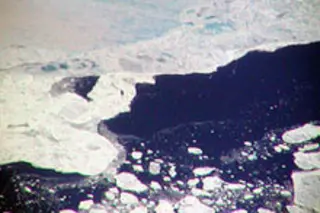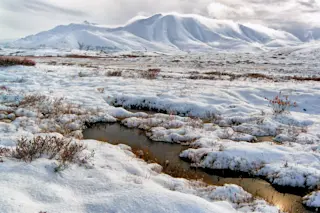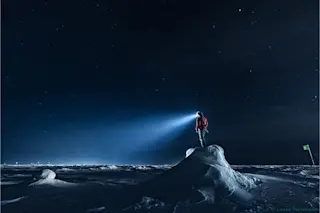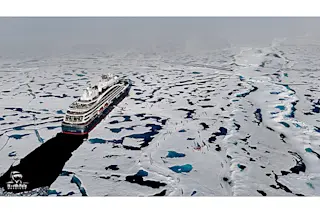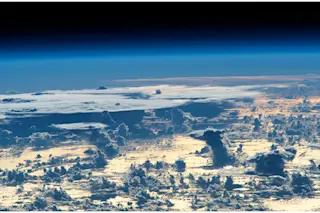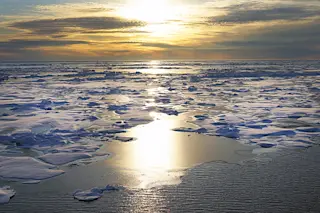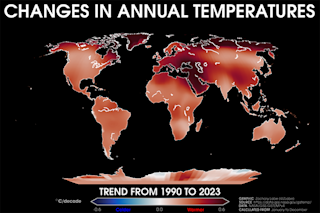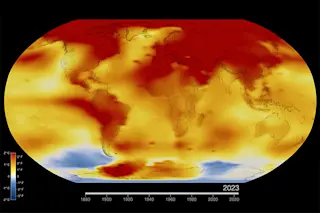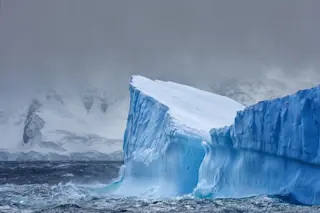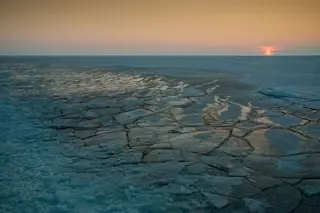A rare piece of good news about the effects of global warming trickled through the media this weekend, as Dutch researchers announced that Greenland's massive ice sheet isn't melting as quickly as some had feared. Researchers used 17 years of satellite data to measure the seasonal changes to the ice sheet, which covers about 80 percent of Greenland's surface, and found that the episodes of extremely rapid melting that researchers have observed recently are a transient summer phenomenon. The melting of the Greenland ice sheet figures into the most troubling global warming doomsday scenarios; if the vast stretch of ice melted completely, it would raise global ocean levels by about 23 feet, swamping island nations and coastal communities. The new study dismisses the idea that such a doomsday could come to pass within a few decades. However, other researchers were quick to say that this study doesn't answer all the ...
Greenland Ice Sheets Aren't Melting as Fast as Feared
New research reveals the Greenland ice sheet isn't melting as fast as thought, challenging fears of rapid global warming effects.
More on Discover
Stay Curious
SubscribeTo The Magazine
Save up to 40% off the cover price when you subscribe to Discover magazine.
Subscribe

